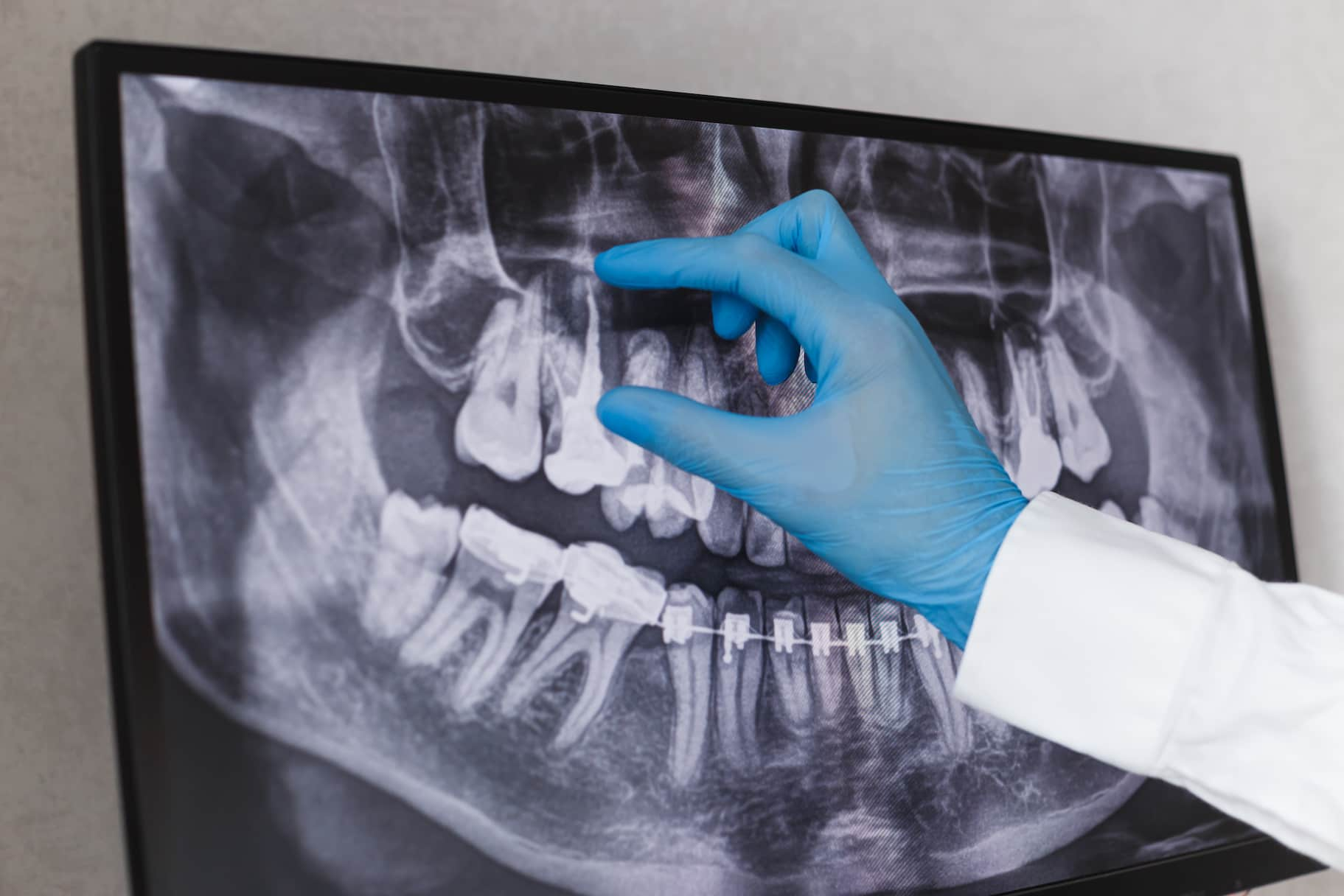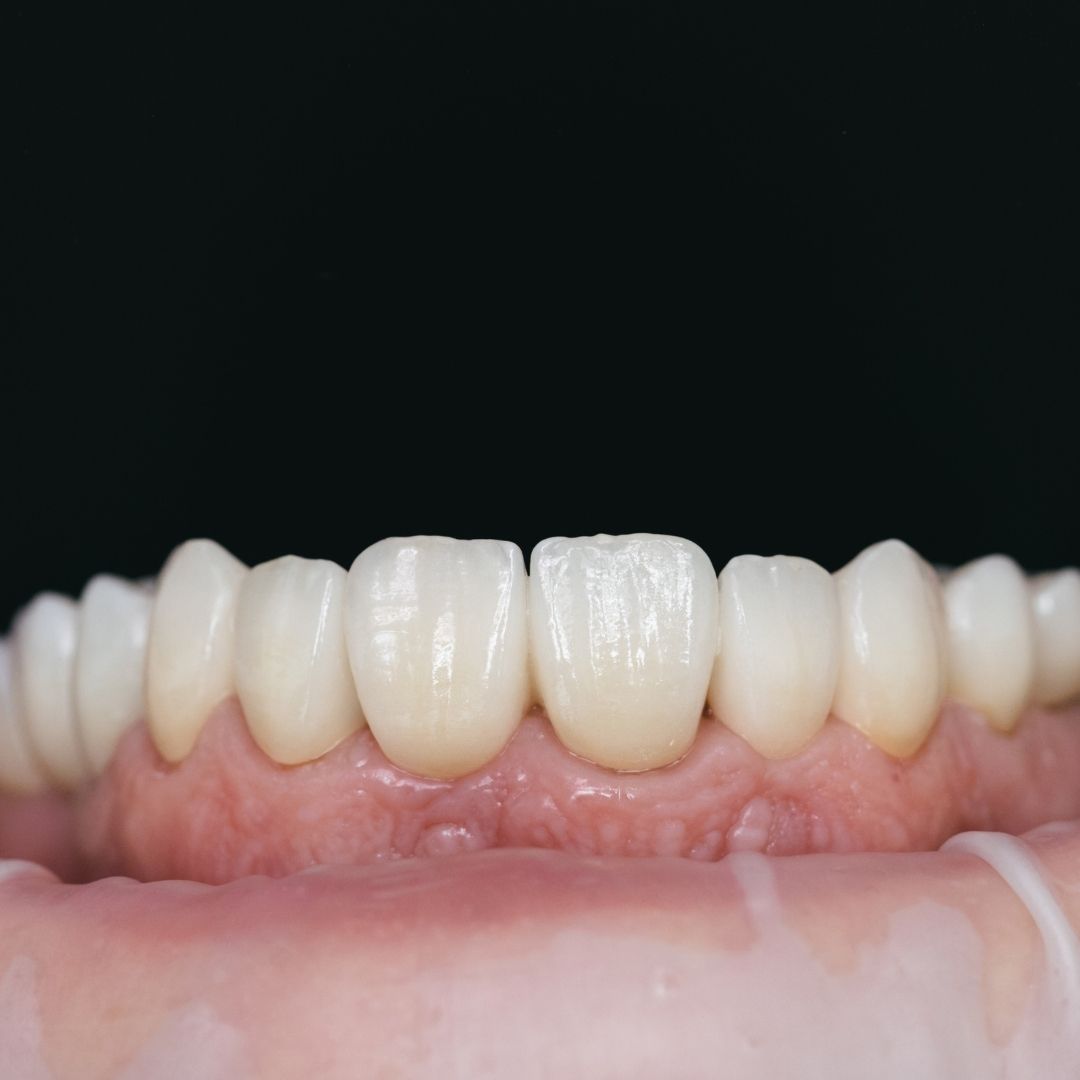
Root Canal Myths
The practice of doing root canal therapy, which has been established for more than a century, is currently among the most popular dental operations done today. Despite the fact that root canals are performed on a regular basis, there are still a great number of myths and misconceptions around them. In this piece, we’ll separate reality from fiction regarding root canals and refute some of the most popular fallacies around the procedure.
Myth #1: Root Canals are Painful
The idea that root canals are uncomfortable is one of the most common misconceptions regarding the procedure. In all honesty, the process is not much more unpleasant than getting a regular filling would be. The majority of patients feel very little or no pain at all throughout the treatment because contemporary anesthetic and sedative procedures are utilized. In point of fact, the discomfort felt during a root canal is frequently the result of an infection or inflammation that existed in the affected tooth before the surgery.
Myth #2: Root Canals Cause Illness
Another common myth is that root canals can cause illness or disease elsewhere in the body. This idea stems from a discredited theory from the early 1900s that claimed bacteria trapped in the tooth during a root canal could spread to other parts of the body and cause health problems. However, there is no scientific evidence to support this theory, and modern research has shown that root canals are a safe and effective treatment for infected teeth.
Myth #3: Root Canals are Unnecessary
Some people believe that it’s better to simply extract a diseased tooth than to undergo a root canal. However, this is not always the best course of action. Root canal therapy is designed to save a damaged or infected tooth and preserve its function. Extraction, on the other hand, can cause other dental problems and may require additional treatments like dental implants or bridges.
Myth #4: Root Canals Take Multiple Visits
While root canal therapy used to require multiple visits to the dentist, modern techniques and technology have made the procedure much quicker and more efficient. In most cases, a root canal can be completed in just one visit, allowing patients to get back to their normal activities sooner.
Myth #5: Root Canals are Expensive
While root canals can be more expensive than a routine filling, they are often less expensive than other dental procedures like extraction and tooth replacement. In addition, many dental insurance plans cover the cost of root canal therapy, making it a more affordable option for patients.

Root Canal vs. Extraction: What’s the Right Choice?
When it comes to dental health, the choice between root canal therapy and extraction can be a difficult one. In general, root canal therapy is a preferred option because it allows patients to keep their natural tooth and preserve dental function. However, there are some cases where extraction may be necessary, such as when a tooth is severely damaged or infected beyond repair. Factors that may influence the decision between root canal therapy and extraction include the severity of the problem, the location of the affected tooth, the patient’s overall dental health, and their personal preferences. Ultimately, the best choice will depend on the individual circumstances of each patient, and should be made in consultation with a qualified dentist or oral surgeon.
Can A Dentist Be Wrong About A Root Canal?
Yes, a dentist can be wrong about a root canal, just like any medical professional can make a mistake. However, dentists are highly trained and skilled professionals who use specialized tools and techniques to perform root canals accurately and effectively. In cases where a root canal is unsuccessful, the dentist may recommend additional treatment or refer the patient to a specialist.
Why Do Root Canals Have Such A Bad Reputation?
Root canals have a bad reputation for several reasons. One reason is that they are often associated with dental pain and discomfort, which can be unpleasant for patients. Additionally, root canals have been the subject of many myths and misconceptions over the years, leading some people to believe that they are dangerous or unnecessary. Finally, some patients may have had negative experiences with root canals in the past, which can contribute to the procedure’s reputation.
What Is Negative About Root Canal?
While root canal therapy is a safe and effective treatment for infected or damaged teeth, there are some potential negative aspects to the procedure. For example, root canals can be expensive, and they may require multiple visits to the dentist. In addition, some patients may experience temporary sensitivity or discomfort after the procedure. However, these side effects are usually mild and can be managed with pain medication or other remedies.
The Study of Root Canal Myths
In a recent study conducted by the American Association of Endodontists and published in the Journal of Dental Research, data from over 5,000 root canal procedures were analyzed to evaluate the pain levels experienced by patients during and after the treatment. The study found that the vast majority of patients reported minimal to no pain during the root canal procedure, debunking the myth that root canals are excruciatingly painful. This scientific research provides valuable insights into the actual patient experience during root canals, contributing to the reliability of the information provided in the article.
Is Root Canal The Worst Case Scenario?
No, root canal therapy is not the worst-case scenario when it comes to dental treatment. In fact, root canal therapy is often a preferred treatment option for infected or damaged teeth, as it allows the patient to keep their natural tooth and avoid more invasive procedures like extraction. While root canals may not be the most pleasant experience for patients, they are a common and effective way to preserve dental health and function.
Healthy Turkiye Notes
In conclusion, root canal therapy is a valuable and effective treatment option for patients suffering from infected or damaged teeth. Despite its bad reputation and the myths and misconceptions that surround it, root canal therapy is a safe and relatively painless procedure that can help preserve dental health and function. While there are some potential negative aspects to the procedure, such as cost and temporary discomfort, these are usually outweighed by the benefits of saving a natural tooth and avoiding more invasive treatments like extraction. It’s important for patients to separate fact from fiction when it comes to root canals, and to seek out accurate information from their dentist or other trusted sources. By doing so, patients can make informed decisions about their dental health and take steps to preserve their natural teeth for years to come.




